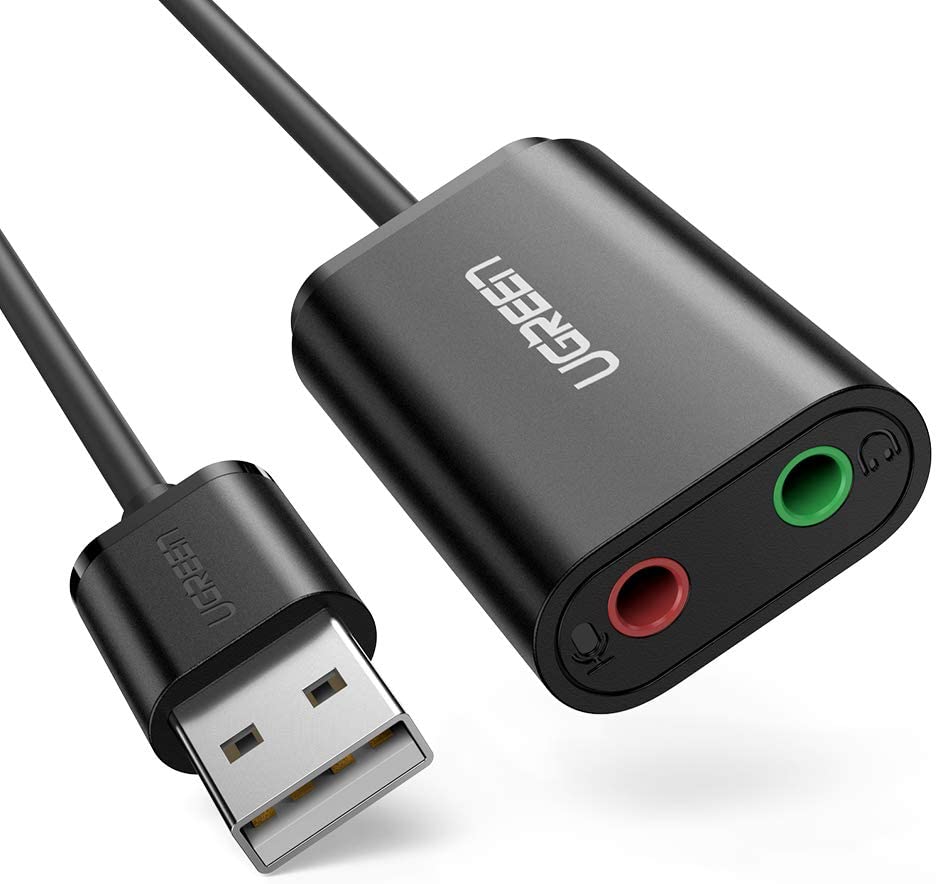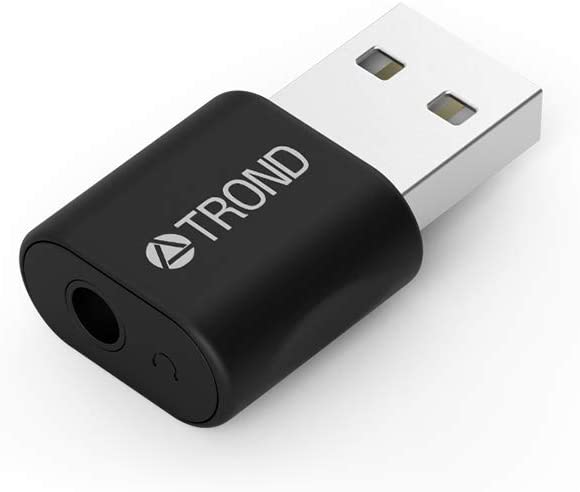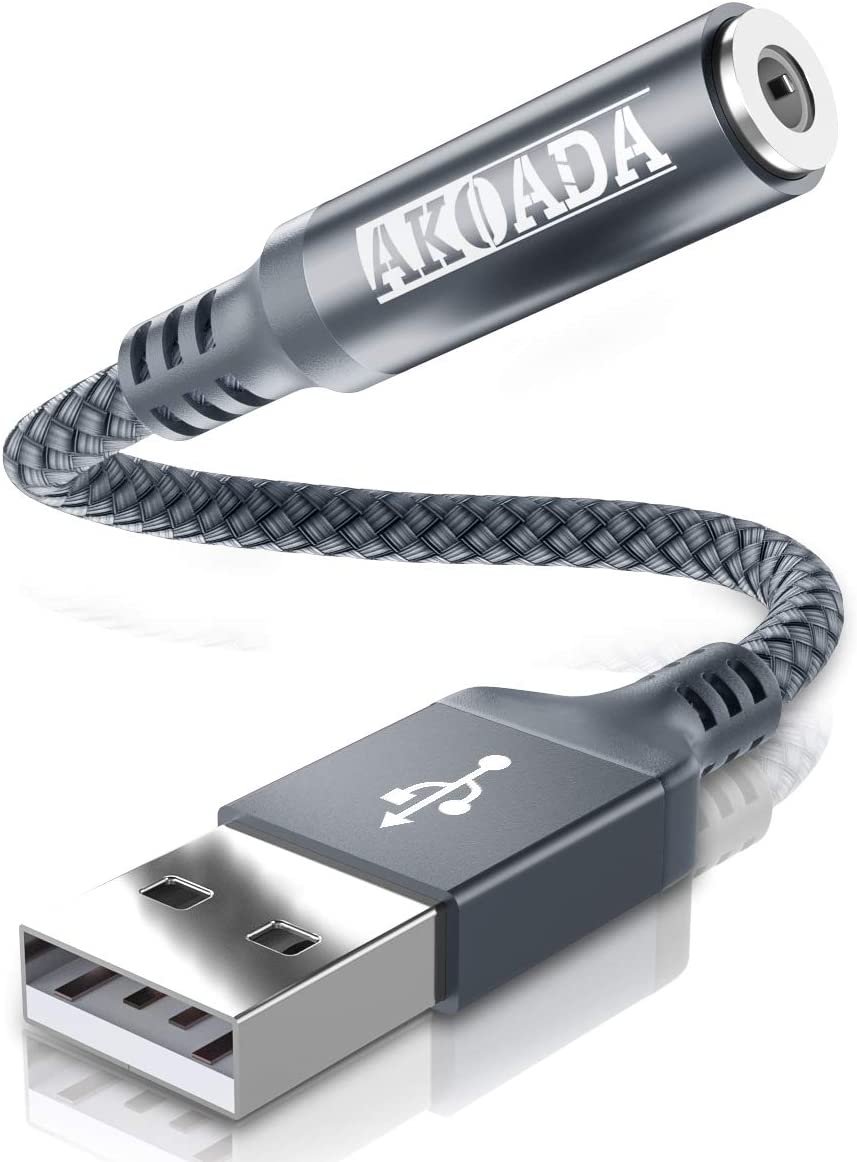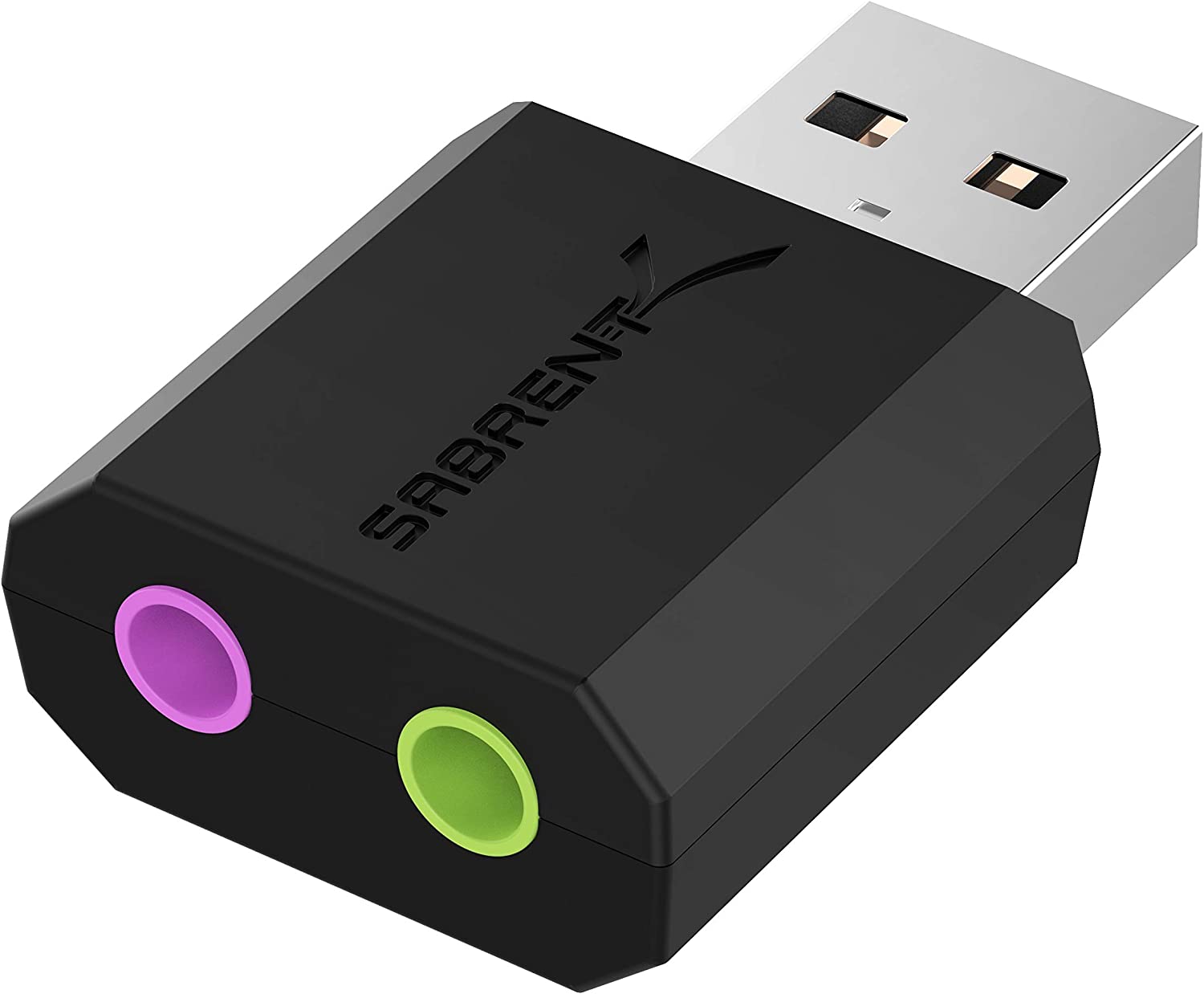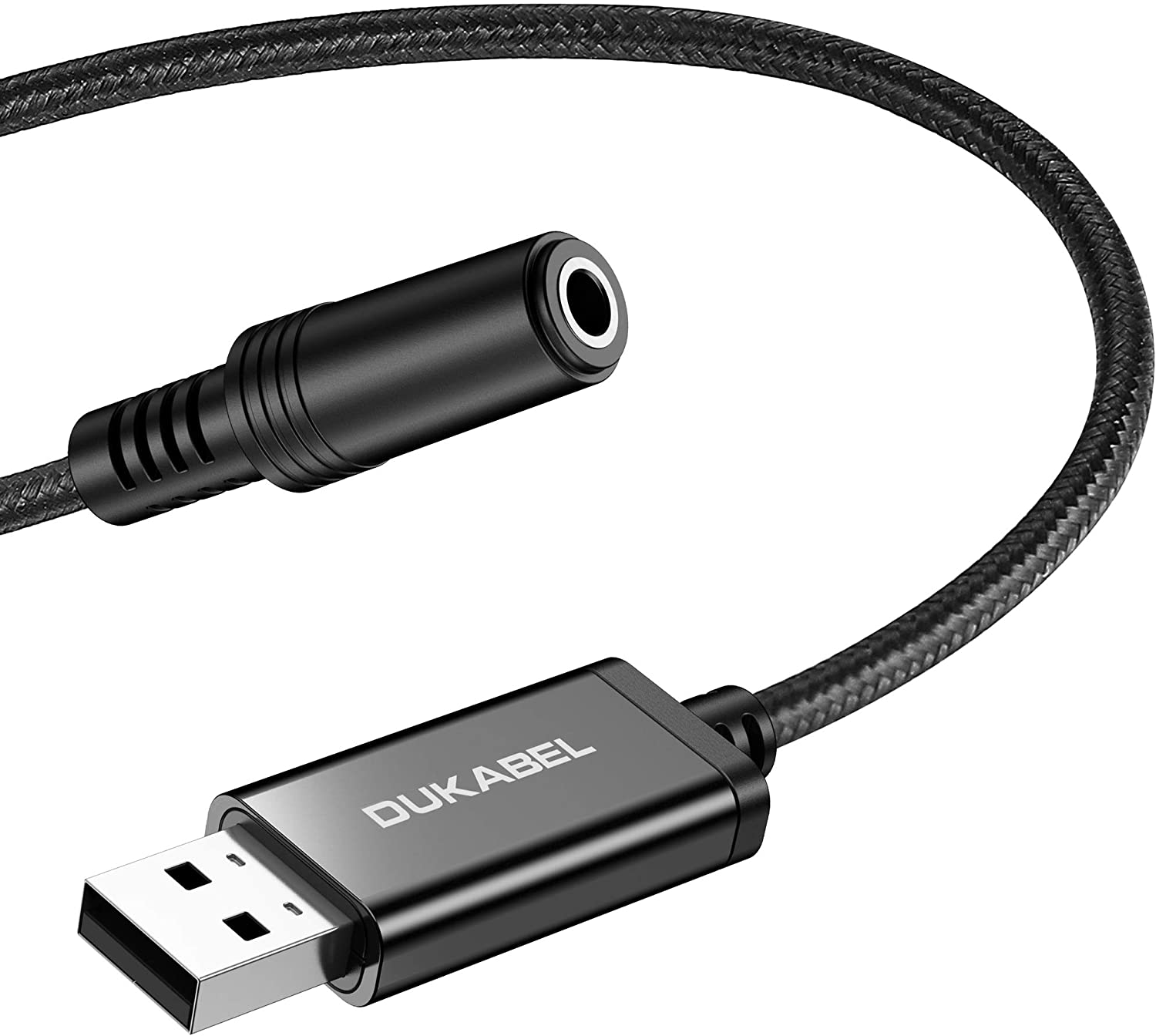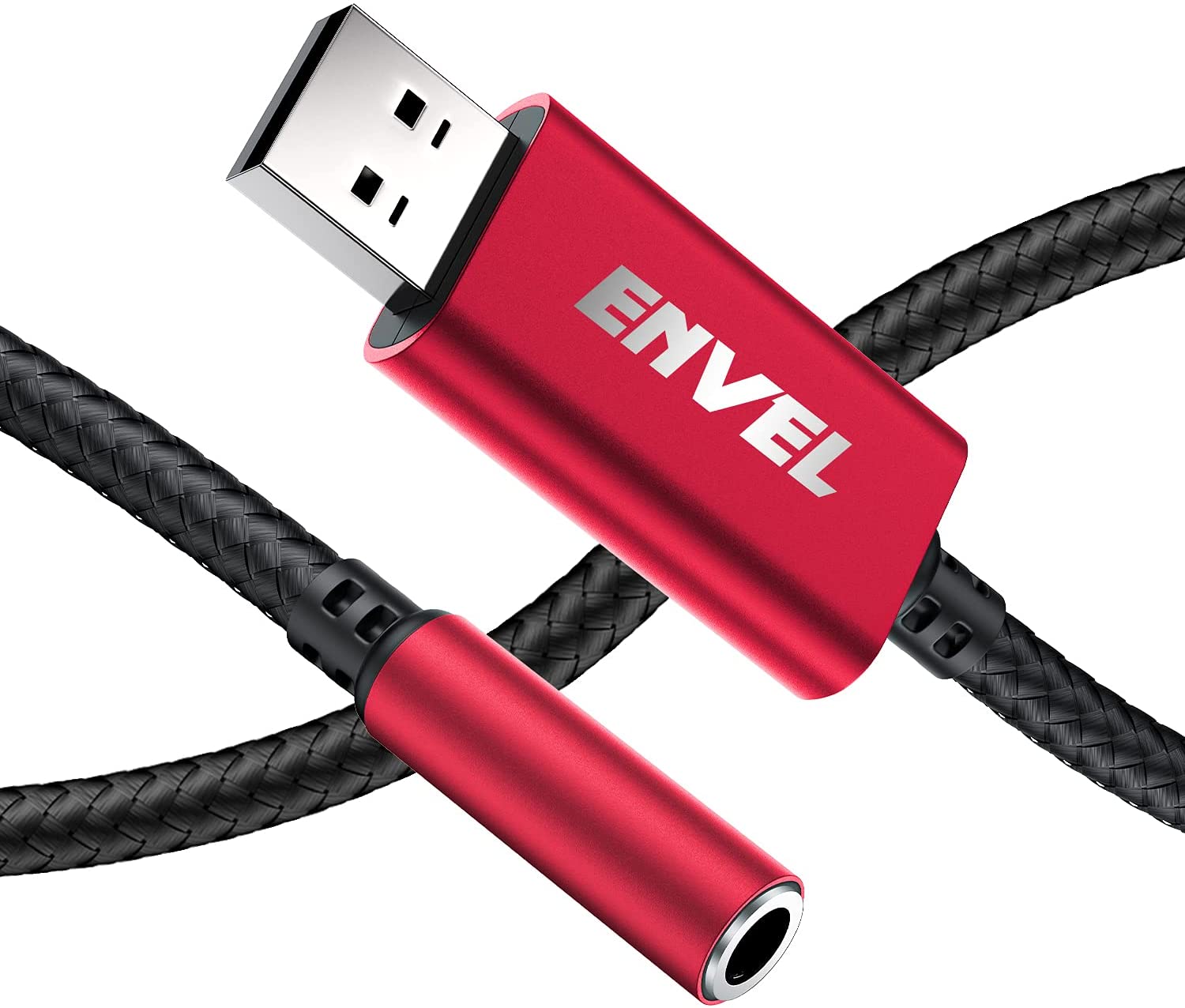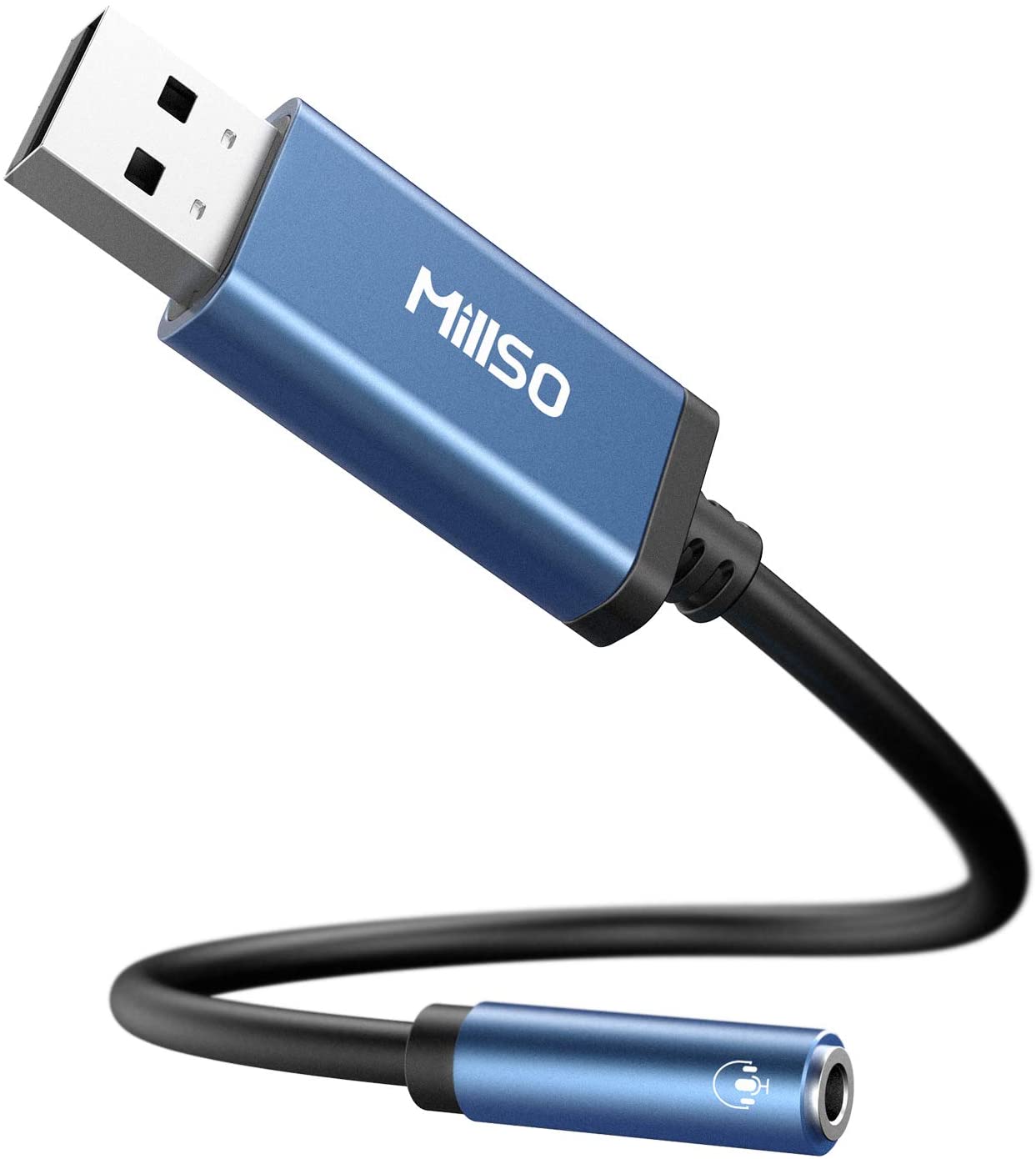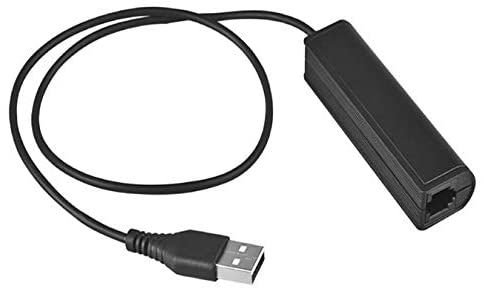UGREEN Record & Listen USB Audio Headset Adapter
Last updated: October 13, 2023
This adapter has separate ports for 3.5-millimeter audio output and microphone input so that you have the flexibility to use multiple devices if you wish. It also has an extension cable so you don't need to worry about blocking other ports.
We looked at the top USB Headset Adapters and dug through the reviews from some of the most popular review sites. Through this analysis, we've determined the best USB Headset Adapter you should buy.
Product Details
Key Takeaway: Compatible with multiple types of operating systems, this USB headset adapter can help whether you use an all-in-one headset or separate devices.
In our analysis, the UGREEN UGREEN Record & Listen USB Audio Headset Adapter placed 8th when we looked at the top 9 products in the category. For the full ranking, see below.
From The Manufacturer
UGREEN usb audio adapter is ideal to replace your faulty sound card or audio port, it adds a mono microphone-in and a stereo audio-out port to your computer through a USB port, which enables you to connect your existing headphones, headset, speakers, or microphone with 3.5mm jack to your PC through a USB interface.
